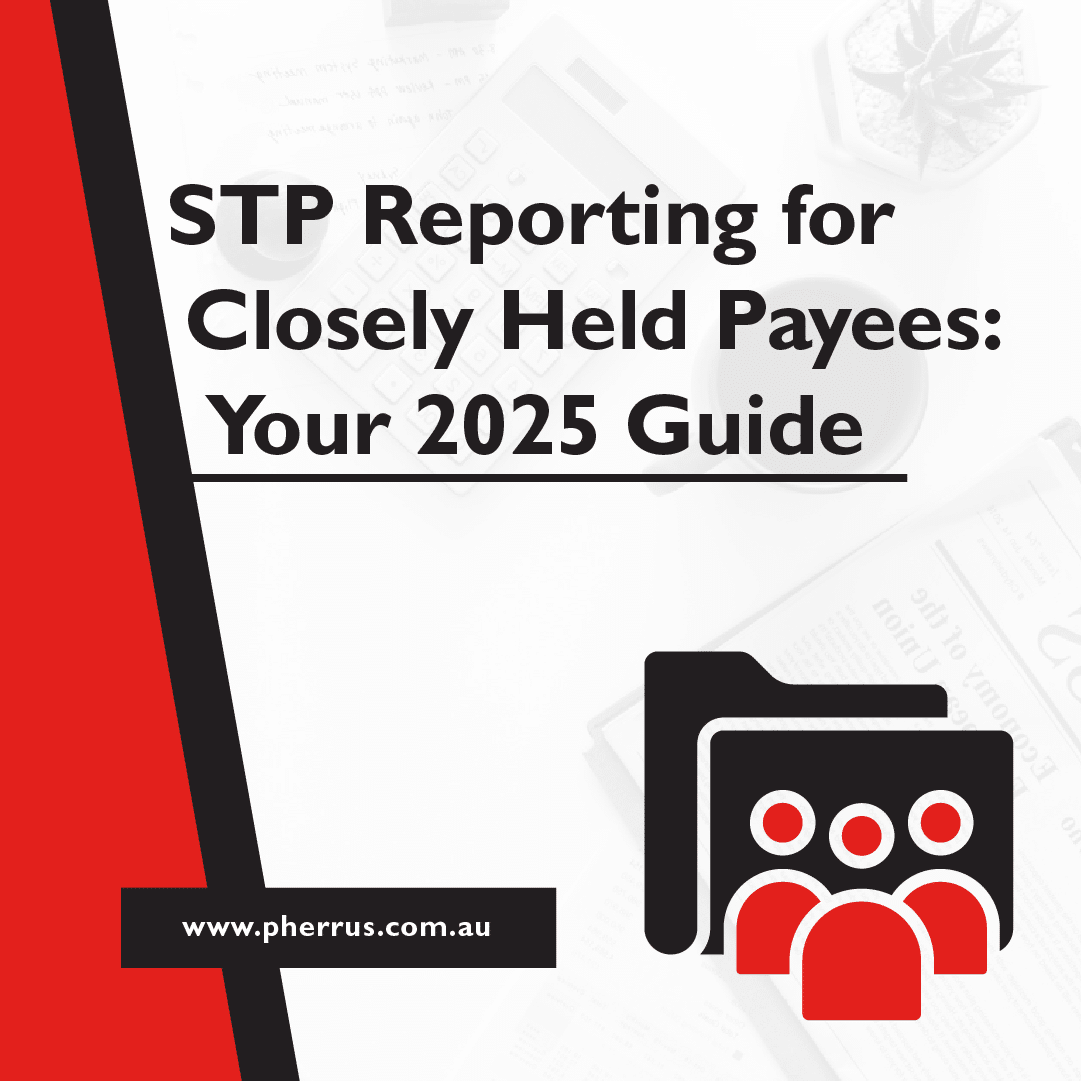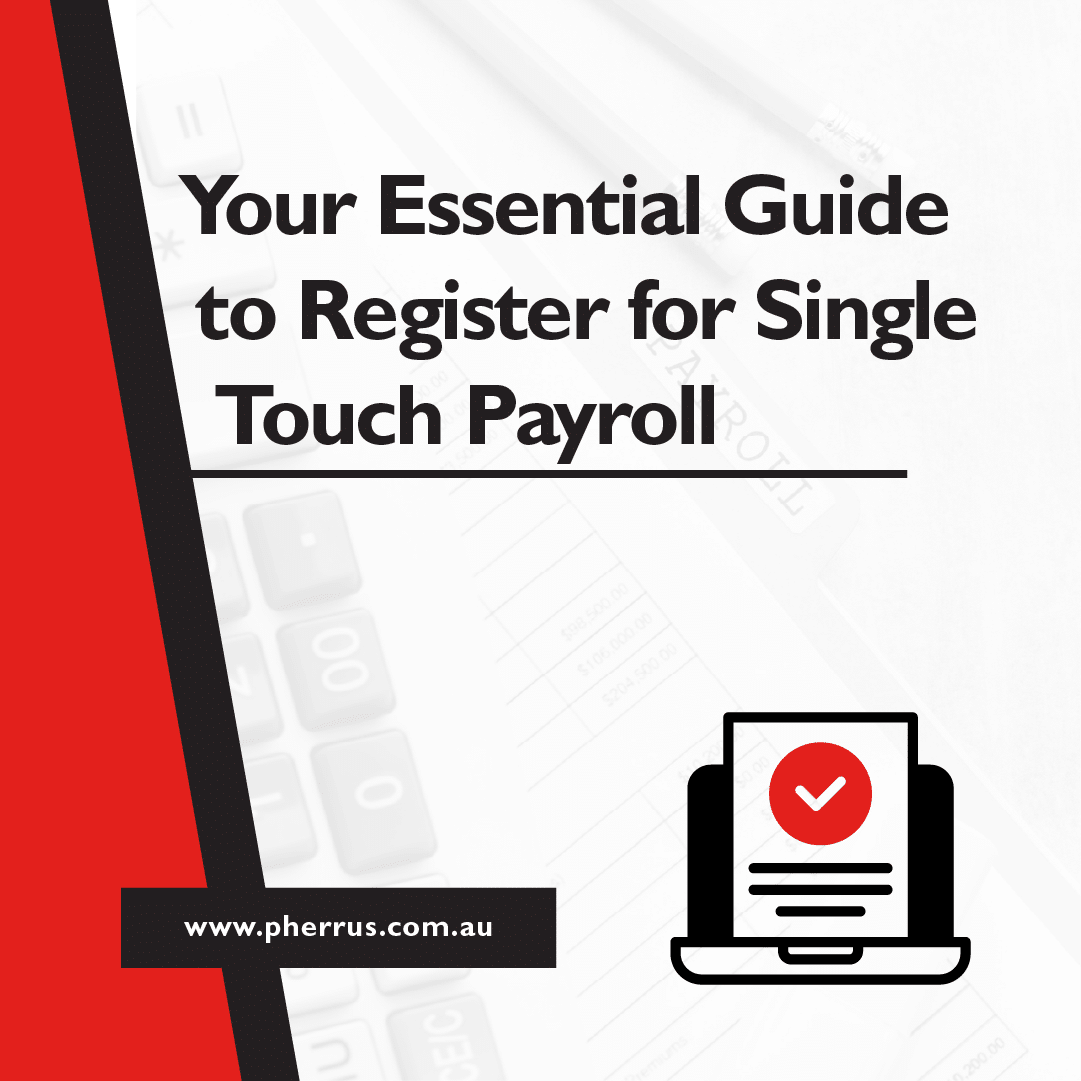There may be a lot of maths involved, but accounting is far more than just a numbers game.
With many different business functions and legal requirements requiring an accountant to do their job to the highest standard, this vital role is an important addition to any company.
With more than 200,000 qualified accountants operating in Australia, this vital role is a must-have for any business.
If you’re wondering ‘what does an accountant do on a daily basis?’, we’ve covered all the basics you need to know, from examples of what accountants do to what does an accountant make.
Read on for all the information you’ll ever need about accountancy, whether you’re a small business that wants to get ahead on taxes or a larger company looking to outsource your financial responsibilities:
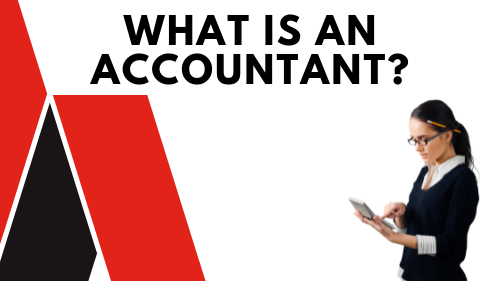
What is an Accountant?
What is an accountant?
An accountant is a qualified, trained professional responsible for all the financial records that go in and out of the average business.
Their job includes a wide range of financial responsibilities that will vary according to the needs or goals of the company they are supporting.
To be an accountant, you’ll need to hold at least a bachelor’s degree in accounting.
While accountancy and bookkeeping are used interchangeably, accountants are more qualified to handle bigger picture finances and planning in addition to balancing the books – making them a valuable addition to any business looking for ‘full service’ financial support.
When you think of accounting, you might think of handling invoices or managing payroll. Accounting encompasses a wide range of different finance-focused services.
While there are specific types of accountants, all accountants hold the same general training before entering into more specialised fields for their careers.
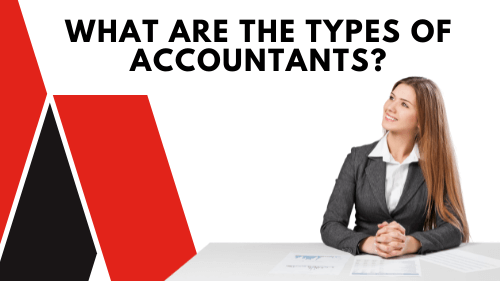
Types of Accounting: What Are the Types of Accountants?
Not all accountants provide the same service.
While the foundations remain the same, many accountants specialise beyond the standard package to offer their services in specific sectors or industries.
Some of the types of accountants you might encounter include:
- Public Accounting: Public accounting refers to accountants who offer their services to the general public, whether for individuals or businesses. Outsourced accountancy is generally carried out through public accountants.
- Private Accounting: Private accounting is where an accountant provides services to a single firm or company as an employee. They receive a salary for their work and provide in-house services across various financial tasks and responsibilities.
- National Income Accounting: National income accounting relates to social or economic-based financial services, such as estimates of a country’s purchasing power and similar measurements.
- Fiduciary Accounting: Fiduciary accounting is typically carried out by an executor, trustee or administrator, and ensures the preparation of reports and care of records in line with legal specifications.
- Fund or Governmental Accounting: Accounting for non-profit companies or government services is considered fund or government accounting. Typical accountancy services are included, with a specialisation in handling funds and public money.
- Forensic Accounting: Forensic accountants provide expert service in analysing, reporting, and exploring existing finances and financial software. Larger accounting companies may have in-house forensic accountants specialising in legal areas such as fraud, insurance claims and construction.
- Investment Accounting: Investment accounting involves handling financial requirements for portfolios of investments, from property to securities, where an investment fund such as a hedge fund is used.
While there are many niches of a specialist accountant, this covers some of the examples of what accountants do in different roles.
However, there is also plenty of variability in each accountancy role depending on a variety of factors.
For example, one private accountant may specialise in business planning and reporting, while another may handle day-to-day accounts and payroll.
With a massive range of different roles and diverse industries, the tasks and responsibilities for accountants will vary from job to job.
If you’re wondering ‘what does an accountant make?’, it can vary based on their industry, experience, and specific role.

What does an Accountant do?
What does an accountant do on a daily basis? The exact role can vary according to their specific job description or the specific niche they work in.
Some of the examples of what accountants do in general can include any of the following:
The 5 roles of accounting
Before we get into detail about the specific responsibilities an accountant has, the 5 roles are an excellent place to start.
What are the 5 roles of accounting?
These are generally an overview of the areas of management any accountant is responsible for, as follows:
- Financial control of policies and for the creation of financial plans
- Budget preparation and management
- Cost control services
- Evaluation of statistical performance for employees
- Prevention and identification of errors or fraud
These 5 roles cover the fundamentals of what the average accountant offers to an employer or as an outsourced service.
While these may vary from job to job, handling these essential roles is the basis for any accountancy job across just about any industry and field of work.
Beyond the five roles, some of the main jobs that an accountant will offer include all of the below:
Bookkeeping services
While some companies may employ a bookkeeper for day-to-day financial management, maintenance and similar services, others may choose to hire an accountant to do so.
Accountants have the necessary skillset and knowledge to offer bookkeeping services such as accounts receivable, accounts repayable and month-end reporting to suit the needs of businesses of all shapes and sizes.
Payroll management
Handling payroll is another classic task that accountants manage, including ensuring all staff are paid on time, overtime is accounted for, and holiday and sick pay are calculated correctly.
An accountant may also deliver payroll reports and potentially provide statistics in line with the KPIs and similar evaluations of departments or individual employees.
Auditing compliance
Accountants work directly with auditors to deliver high standards of compliance for business.
This service includes year-round checks and maintenance, running trial audits and ensuring all finances are kept up to date.
Complying with the requirements of government auditors or other required auditing processes is also a part of their responsibilities.
Budget analysis and reviews
Creating budgets, analysing existing budgets and keeping track of changes and fluctuations in the budget are all accountant responsibilities.
Accountants will work directly with CFOs and department heads to ensure the proper formulation of budgets and provide regular updates on where budgets are throughout the financial year.
Reports and statements
Providing regular reporting and statements of finances is a core responsibility for accountants.
Reporting allows business owners and managers to have fast, accessible insight into their current finances.
These reports can be used for tax purposes as well as for business planning and general record keeping. Accountants often utilise specialised software to create high-quality reports for use by management.
Tax preparation and submission
Accountants have the training and knowledge to ensure business finances comply with tax requirements year on year.
Their role involves preparing all accounts for tax season and compiling, reporting, and submitting tax information as and when required.
Their job throughout the year is to ensure all records are up to date for a smooth, easy tax season each year.
Software, database and filing management
Alongside high-level tasks and responsibilities, accountants often have full ownership of software, accounts databases, banking, and filing.
These administrative tasks ensure full compliance with government regulations and provide easy access to necessary financial information as and when needed for the business.
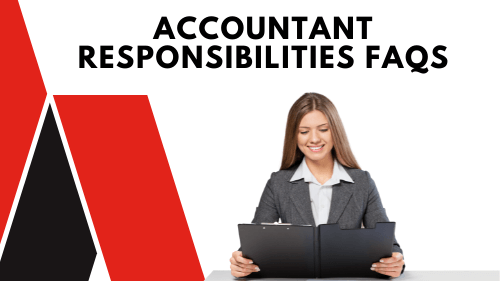
Accountant Responsibilities FAQs
How difficult is it to become a Chartered Accountant?
On the average accountant responsibilities resume, the minimum requirement is to be qualified as a chartered accountant.
In Australia, you are required to complete formal training to become a chartered accountant.
Becoming a chartered accountant requires applying to the Institute of Chartered Accountants in Australia following a Graduate Diploma in Chartered Accounting.
Plus three years of practical experience.
What is the difference between an accountant and an auditor?
While an accountant provides day to day financial services, whether that involves payroll, bookkeeping or general financial reporting, an auditor is someone that carries out specific checks on your accounts to ensure you’re meeting regulatory requirements.
Auditors can either be from an external organisation, visiting in a formal capacity or can be hired internally or as a freelance service to ensure you’re meeting your compliance requirements ahead of legal checks.
What is it like being an accountant?
The day-to-day life of an accountant can vary significantly according to the industry you work in and the service you provide.
An accountant that works as an outsourced service for multiple small businesses, for example, would have a very different set of tasks and responsibilities than a forensic accountant in a large firm.
However, across most roles, a significant portion of time in accountancy is spent examining figures and numbers, typically through specialised accountancy software.
What is the difference between an actuary and an accountant?
While accountants and actuaries both deal with finances, their jobs are at opposite ends of the spectrum.
An actuary is tasked with predicting how future events will affect the financial stability of a business or industry.
By contrast, accountants report on economic impacts that have already occurred.
While an accountant may support a company with financial planning for the future, such as budgeting, they can’t offer the same forward-thinking service as an actuary as part of their day-to-day work.
Summary
What does an accountant do?
With a wide range of different responsibilities and specialisations, accountants cover a vast array of different necessary services for businesses of all shapes and sizes.
From tax planning to financial reporting, payroll to compliance, their expertise ensures companies meet Australian government regulations.
Accountants are a vital component of any business and support dozens of business practices day-in, day-out.
Are you looking for a reliable accountancy service for your business needs?
At Pherrus, we’re the experts when it comes to business finance.
With expertise in all industries, our skilled team has an excellent reputation for the quality of work we offer and the standard of service we deliver.
Get in touch with our expert team today to discuss how we could support you with high-quality accounting solutions.



